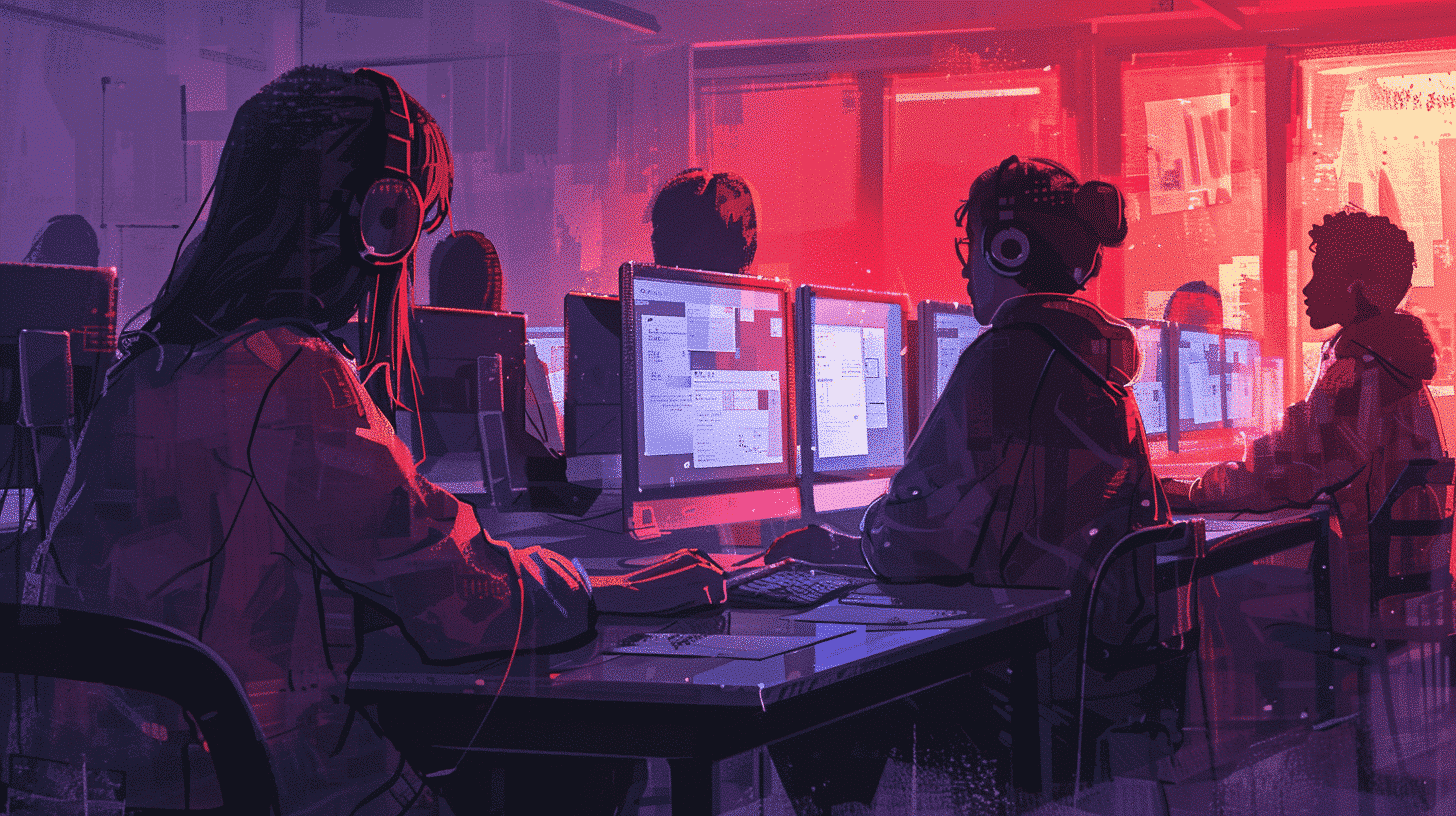General Terms for Professions and Workplaces
Before diving into specific professions, it’s important to know some general terms related to work. The Maori word for work is “mahia,” and for profession or job, you use “umanga” or “mahia.” A place of work, like an office, is called a “tari.”
– He pai ki a ia te mahia i roto i te tari nui. (He enjoys working in a big office.)
Healthcare Professions
The healthcare sector is universal in its importance. In Maori, a doctor is referred to as “tākuta.” If you want to specify the type of doctor, such as a dentist, you would say “tākuta niho.”
– Kei te haere au ki te tākuta niho āpōpō. (I am going to the dentist tomorrow.)
A nurse in Maori is “tapuhi.” Nurses play a vital role in healthcare settings, and recognizing their profession in Maori can be both respectful and appreciative.
– E mahi ana te tapuhi i te hohipera nui i te taone. (The nurse works at the big hospital in the city.)
Educational Professions
Education is another critical field, and knowing how to talk about educators in Maori can be particularly useful. A teacher is called “kaiako,” which can be used for teachers at various educational levels.
– E ako ana te kaiako i te kura tuarua. (The teacher teaches at the secondary school.)
In higher education, a professor is often referred to as “āhorangi.” This term highlights the respect conferred to those in the highest echelons of academic teaching and research.
– Kei te kōrero te āhorangi i te whare wānanga. (The professor is speaking at the university.)
Legal and Law Enforcement Professions
In the realm of law and order, knowing the Maori terms for various roles can enhance your understanding of its cultural nuances. A lawyer is known as “roia.”
– E mahi ana te roia i te kōti. (The lawyer works in the court.)
The police are collectively known as “pirihimana,” and a police officer can be referred to as a “kaitiaki pirihimana.”
– E haere ana te kaitiaki pirihimana ki te tāone. (The police officer is going to the town.)
Artistic Professions
Art holds a significant place in Maori culture, with traditional and contemporary forms both celebrated. An artist in Maori is “toi,” which can refer to anyone engaged in the creative arts.
– E hanga ana te toi i tētahi whakaahua hou. (The artist is creating a new painting.)
A musician is called “kaiwhakatangi pūoro.” Music is an integral part of Maori celebrations and rituals, making this profession highly respected.
– Kei te whakangahau te kaiwhakatangi pūoro i te hui. (The musician is entertaining at the gathering.)
Technical and Engineering Professions
In technical fields, precision in language often mirrors the precision required in the job. An engineer is “mātanga pūkaha,” a term that emphasizes expertise.
– E mahi ana te mātanga pūkaha i te kamupene hangarau. (The engineer works at the technology company.)
A computer programmer is referred to as “kaihōtaka rorohiko.” In today’s digital age, this role is increasingly crucial.
– E waihanga ana te kaihōtaka rorohiko i tētahi hōtaka hou. (The computer programmer is developing a new program.)
Culinary Professions
The culinary arts also have their terminology in Maori. A chef is known as “kaitao,” which denotes someone who is skilled in cooking.
– Kei te tunu kai te kaitao i te wharekai. (The chef is cooking in the restaurant.)
A baker, who specializes in baking bread and pastries, is called “kaipatu paraoa.”
– E hanga keke ana te kaipatu paraoa i te toa paraoa. (The baker is making cakes in the bakery.)
In conclusion, understanding the Maori words for various professions not only enriches your vocabulary but also deepens your appreciation of the culture. It helps in fostering respect and connectivity with the Maori community, whether you’re engaging in casual conversations or professional interactions. As you continue your journey in learning Te Reo, remember that each word learned is a step closer to greater cultural understanding and mutual respect.









